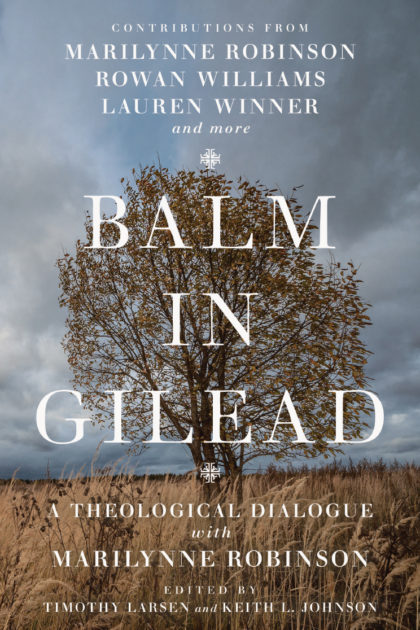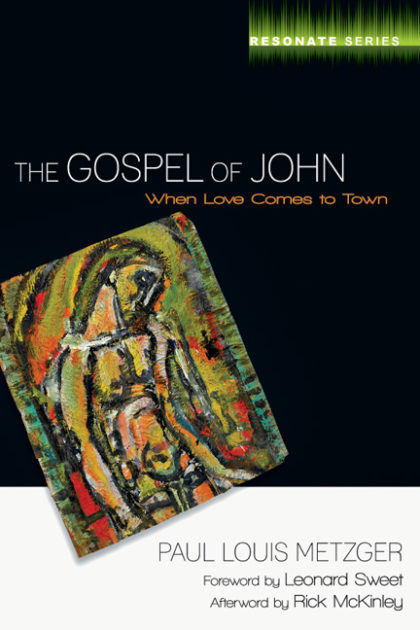Marilynne Robinson's novels are meant to become transparent as we read them. The stories are not ends in themselves. They are windows that allow us with a metaphysics, a description of the being of the world and the people within it. To read these novels is to be called to a conversion, not only of the heart and soul, but especially of the mind. Robinson wants us to recognize that we have squandered an intellectual inheritance that took our ancestors centuries to build. She calls us to repent of embracing the wisdom of … [Read more...] about Come Home [Balm in Gilead / Summer Read…Quote…Reflect]
intervarsity press
Great Theology, Teachableness, & John Calvin [Balm in Gilead / Summer Read…Quote…Reflect]
In an essay on Dietrich Bonhoeffer, [Marilynne] Robinson declared that "great theology is always a kind of giant and intricate poetry, like epic or saga. It is written for those who know the tale already, the urgent messages and the dying words, and who attend to its retelling with a special alertness, because the story has a claim on them and they on it. Theology is also close to the spoken voice." In Gilead we are indeed listening, or rather overhearing, the dying words of the venerable, ailing, seventy-six-year-old … [Read more...] about Great Theology, Teachableness, & John Calvin [Balm in Gilead / Summer Read…Quote…Reflect]
The praise that pours forth from the lips of . . . [Balm in Gilead / Summer Read…Quote…Reflect Series]
The praise that pours forth from the lips of [John] Ames and Augustine, moreover, is particular. No vague thanks here. There is an earthiness to these confessions: "You called and cried out loud and shattered my deafness. You were radiant and resplendent, you put to flight my blindness. You were fragrant, and I drew in my breath and now pant after you. I tasted you, and I feel but hunger and thirst for you. You touched me, and I am set on fire to attain the peace which is yours" [Augustine, Confessions 10.27.38]. This … [Read more...] about The praise that pours forth from the lips of . . . [Balm in Gilead / Summer Read…Quote…Reflect Series]
Healing…Fiction…Connectedness [Balm in Gilead / Summer Read…Quote…Reflect]
All that Gilead puts to us is the plain reminder goodness is not enough. Goodness, self-defined and self-contained, is something which will be poisonous if we're not careful. Without the wound, the openness, the crack that connects us to reality, to one another, and to God, healing doesn't happen. The “good“ can so easily come to believe that healing is natural and simple. But revelation tells us that healing is indeed the restoration of a broken nature, but precisely because our nature is broken, this healing must be … [Read more...] about Healing…Fiction…Connectedness [Balm in Gilead / Summer Read…Quote…Reflect]
This is not our final destination. . . .
While we should enjoy God's good creation, and while we should make the most of our time here, this is not our final destination. The new heavens and the new earth are our destination, where we will live with God forever in face-to-face and heart-to-heart encounter with God through Jesus in the Spirit. Jesus' first followers' hopes were set fully and firmly on his promises of enduring presence in their lives through the Spirit, and then later in face-to-face encounter with Jesus in the Father's house. Certainly, the … [Read more...] about This is not our final destination. . . .

